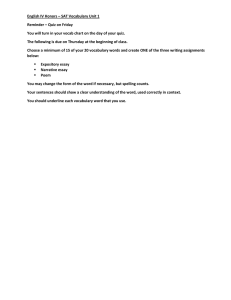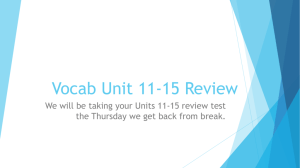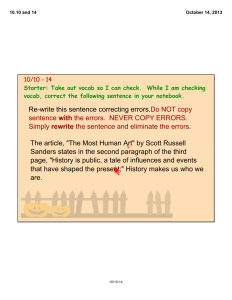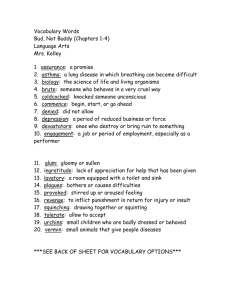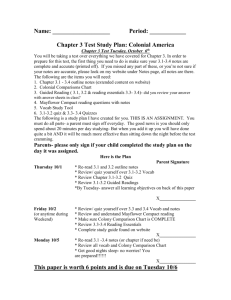Human Body unit
advertisement
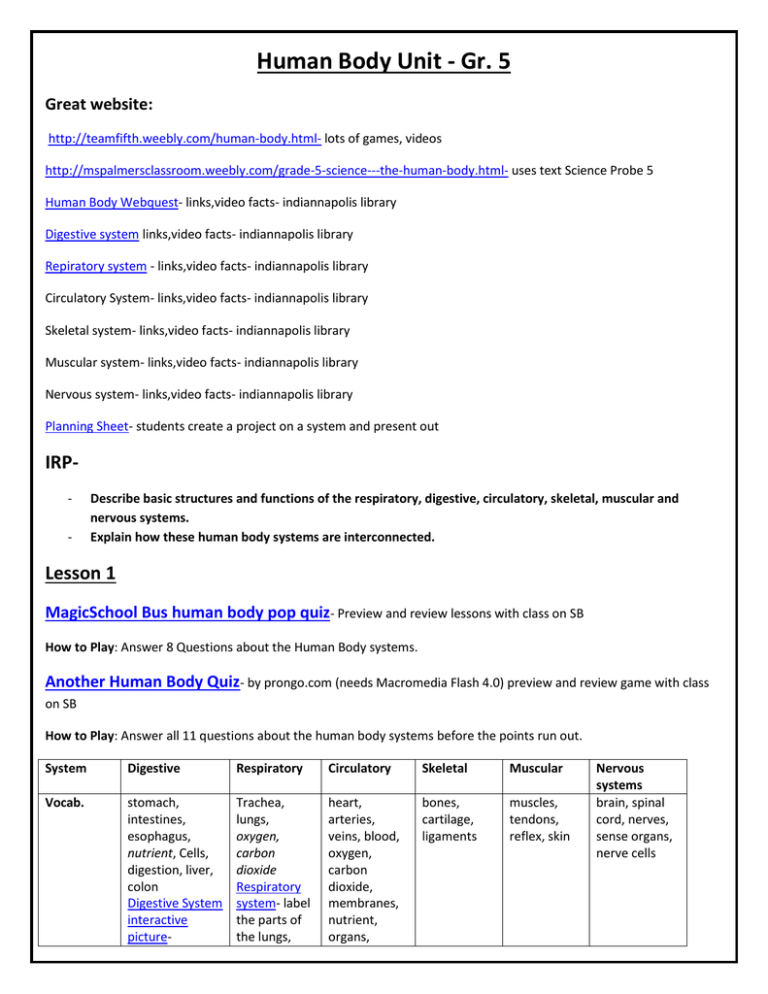
Human Body Unit - Gr. 5 Great website: http://teamfifth.weebly.com/human-body.html- lots of games, videos http://mspalmersclassroom.weebly.com/grade-5-science---the-human-body.html- uses text Science Probe 5 Human Body Webquest- links,video facts- indiannapolis library Digestive system links,video facts- indiannapolis library Repiratory system - links,video facts- indiannapolis library Circulatory System- links,video facts- indiannapolis library Skeletal system- links,video facts- indiannapolis library Muscular system- links,video facts- indiannapolis library Nervous system- links,video facts- indiannapolis library Planning Sheet- students create a project on a system and present out IRP- Describe basic structures and functions of the respiratory, digestive, circulatory, skeletal, muscular and nervous systems. Explain how these human body systems are interconnected. Lesson 1 MagicSchool Bus human body pop quiz- Preview and review lessons with class on SB How to Play: Answer 8 Questions about the Human Body systems. Another Human Body Quiz- by prongo.com (needs Macromedia Flash 4.0) preview and review game with class on SB How to Play: Answer all 11 questions about the human body systems before the points run out. System Digestive Respiratory Circulatory Skeletal Muscular Vocab. stomach, intestines, esophagus, nutrient, Cells, digestion, liver, colon Digestive System interactive picture- Trachea, lungs, oxygen, carbon dioxide Respiratory system- label the parts of the lungs, heart, arteries, veins, blood, oxygen, carbon dioxide, membranes, nutrient, organs, bones, cartilage, ligaments muscles, tendons, reflex, skin Nervous systems brain, spinal cord, nerves, sense organs, nerve cells Video breakdown of food with this model Quizlet vocab flashcard game StudyJams slideshow and quiz ScienceNatgeogInteractive Feed the system vocab Quizlet vocab flashcard game vessels, pulse Heart-label the parts How it works from kidshealth How it Works from Kidshealth Studyjams video and quiz How it works from Kidshealth How it works From Kidshealth StudyJams Movie and quiz Key terms circulation system Build a Skeleton and quiz by Body and Med. StudyJam slideshow and quiz StudyJam slideshow and quiz DiscoveryKidsarticle- what is nervous system, nerves and how it works Breathing video from kidshealth Information Build a Digestive Respiratory System and system quiz by Body slideshow and Med and quiz by StudyJams Study Jams slideshow and quiz Thinkquest DiscoveryKidsrespiratory article- how easy to food travels follow facts inside your and vocab stomach and leaves your body. Thinkquest Human bodyeasy to follow facts and vocab ScienceNat Geog- digestive system interactive vocab, and pictures and see food traveling system Games Build a digestive Lungs & system human Respiratory and animal Sytem quiz Match the parts 10 Q’sfrom kidshealthwatch movie, and read articles first to go over vocab. Excretory system- kidney, bladder, blood cells, Thinkquest circulatory easy to follow facts and vocab Thinkquest skeletal easy to follow facts and vocab Colour Heartonline or print out click on the Human Body part by Kidport Discovery kids-articleHow many muscles we have, how they work. Thinkquest nervous easy to follow facts and vocab Thinkquest muscular easy to follow facts and vocab Click on the Muscles By Kidport Human body Labeling game by sciencenetlinks – preview and review game for students to do individually Purpose of game: Help Arnold find his organs from 4 body systems (digestive, muscular, skeletal, circulatory systems). How to play: When you hit the Play button, the name of an organ system will appear at the bottom of the screen. Your job is to get all of the organs that belong in that system into the body. But be careful! If you drag in an organ that doesn’t belong, all the organs pop out, and you have to start over! Try to complete the four body systems as fast as you can! Human Body Jeopardy Game Last Lesson- Q&A about the Human Body – show students common questions about the human body that are answered by a doctor Brian Orr. Then, have students make a list of their own inquiry questions about the body to extend their learning and make it more relevant.
